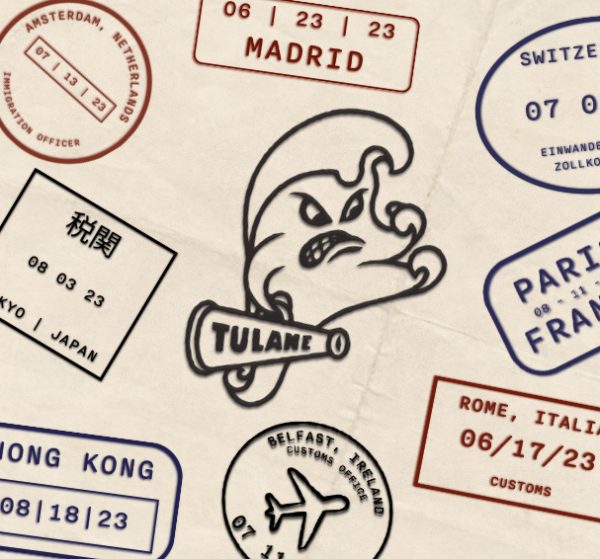
Summer internships seem to pave the traditional route to success. While internships offer valuable experiences, the benefits of adventure and travel are unparalleled. Travel isn’t about taking a break or escaping responsibilities; it’s about embracing a different kind of learning that can be just as, if not more, enriching than the conventional internship experience.
Real-world skills are best acquired through real-world experiences. By seeing new places, travelers can immerse themselves in diverse cultures, navigate unexpected challenges and develop a global mindset. These experiences cultivate adaptability, problem-solving skills and cultural awareness — competencies that are highly valued in the professional world.
A study published in the Journal of Education and Work underscores this point, revealing that students who engage in international travel as part of their education often show improved self-confidence and adaptability. Those traits are crucial for personal and professional development. Moreover, a Harvard Business Review article highlights that professionals with international experience are often more creative and able to think more complexly and flexibly.
Critics might argue that internships provide practical work experience, a glimpse into a chosen field and networking opportunities. While this is true, the argument for travel as an educational tool lies in its ability to offer a broader perspective: what results are challenges that foster critical thought and adaptation — skills that are transferable to any workplace.
“Everyone talks about internships like they’re the golden ticket,” Riley Standish, a Tulane University freshman said. “But after traveling to several countries last summer, I learned more about myself, problem-solving, and adapting to new situations than I ever did from my previous internships. It’s something you can’t get in an office.”
Beyond personal growth, travel also offers unique insights into global markets, an understanding of different cultural business practices and the ability to communicate effectively across cultural boundaries. These are invaluable skills in today’s globalized economy.
Furthermore, travel fosters independence and resilience. The challenges of navigating foreign environments, from language barriers to unfamiliar social norms, prepare young adults for the unpredictability of the professional world in ways that controlled office environments may not.
Of course, the key to making travel a truly educational experience lies in one’s approach. It’s not merely about being a tourist; it’s about engaging deeply with the places and people you encounter. Volunteer work, language immersion programs and internships abroad can enrich the travel experience, providing structured opportunities for learning.
It’s also worth noting that travel can be more accessible than some might think. Scholarships, grants and study abroad programs offer pathways for students who might not otherwise have the financial means to embark on these adventures. Universities and colleges are increasingly recognizing the value of these experiences, offering credit for certain types of travel and study abroad experiences.
While internships undoubtedly offer valuable experiences and insights into specific industries, travel presents an alternative route to developing a wide range of soft and hard skills. It’s about stepping out of comfort zones, encountering the unfamiliar and learning in the most hands-on way possible. As we prepare for a future that values adaptability, cultural awareness and a global perspective, it might be time to consider trading desks for destinations as a viable path to personal and professional growth.



Leave a Comment